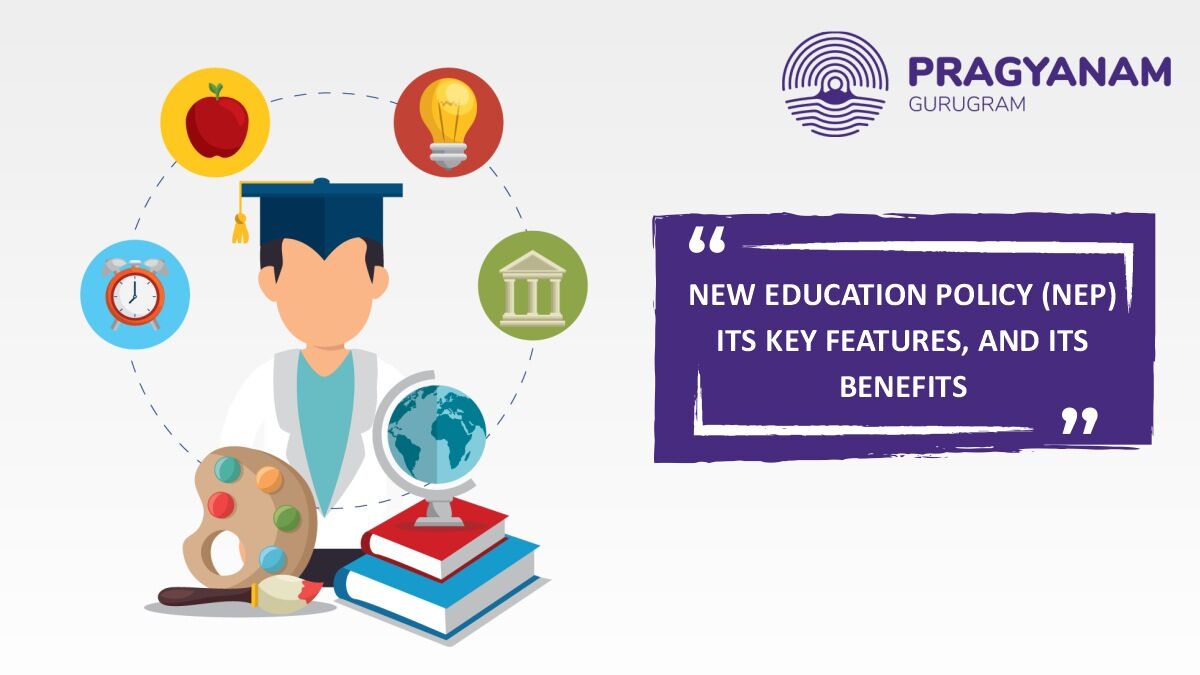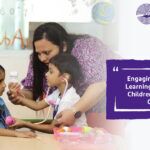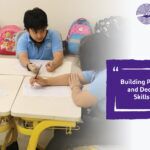The New Education Policy, popularly known as NEP, is being seen as designed to transform India into a global superpower. To this end, the policy heralds a big shift in the overall approach to education. Released by the Ministry of HRD on July 29th, 2020, the policy replaces the old Education policy that was formulated in 1986 & thereafter underwent revisions in 1992 & 1998. A major change in India’s education system, the big focus area of the New Education Policy is to ensure that education is more inclusive and accessible to all. The key pillars of the new policy include:
✔ Access
✔ Equity
✔ Quality
✔ Affordability
✔ Accountability
Table of Contents
Let us look at some of the key features of the policy:
✔ The policy has a clear focus on offering quality and affordable education to all in the age group of 3 to 18 years.
✔ It marks a major shift from rote learning to multidisciplinary, holistic education. The focus, therefore, will not be on how much information students can memorize & reproduce, but on how they can use the information to solve real-world problems.
✔ Importantly the NEP has a great focus on the development of critical 21st-century skills that would stand in good stead to the soon-to-be citizens of the world and will prepare them for the challenges & opportunities of the 21st century.
✔ It marks a transition from the 10+2 education structure to a 5+3+3+4 system.
✔ A new curriculum for early childhood care and education, referred to as ECCE, aims at providing high-quality education to children between the age of 3-6 that brings about their physical, social, emotional as well as cognitive development.
✔ The policy provides for an interdisciplinary college education that has flexible study plans.
✔ Enough & more reports have highlighted the employability gap in India where graduates lack the necessary skills to make them valuable to employers. The new policy, therefore, lays emphasis on vocational & technical education right from the school level to bridge the gap.
✔ Importantly, with NEP a shift is envisaged from summative assessment to regular and formative assessment. These assessments are competence-based and test higher-order skills. The board exams for grades 10 & 12 however will continue, although they will be redesigned to be in sync with the overall aim of the NEP as the child’s holistic development.
✔ The focus of the policy is on a three-language formula, wherein students will learn three languages in their school. At least two of the three languages should be native to India. In fact, the policy has emphasized the mother tongue/local language/regional language being the medium of instruction at least till Grade 5, but preferably till Grade 8 and beyond.
✔ There is a marked focus on improving the quality of teaching as seen in professional development programs for teachers as also scientific eligibility tests.
✔ A key goal of the new policy is to promote research & innovation. In fact, NEP aims to increase the Gross Enrollment Ratio in higher education to 50% by 2035.
✔ A big emphasis of the new policy is on the usage of technology in order to improve accessibility.
✔ The policy also provides for the setting up the National Higher Education Regulatory Authority (NHERA) which will regulate all institutions offering higher education. NHERA will ensure quality accreditation, promoting research & innovation, among other things. Along with the National accreditation board, NHERA will also work to ensure the accreditation of higher education institutions.
✔ PARAKH (Performance Assessment, Review, and Analysis of Knowledge for Holistic Development) will be set up as a standard-setting body.
✔ An autonomous body, the National Educational Technology Forum, will be set up to facilitate the use of technology to enhance learning.
✔ The policy aims to achieve 100% youth & adult literacy.
✔ Under the policy, the center and the states will work together to ensure that public investment in the education sector reaches 6% of the GDP.
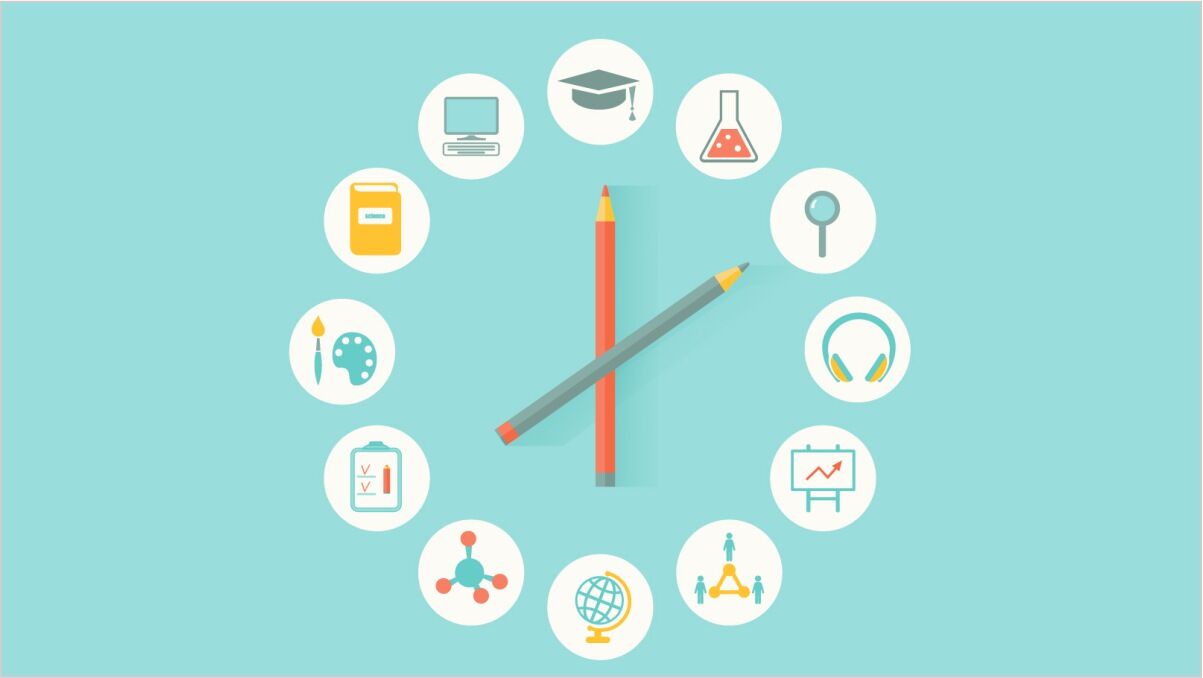
New Education Policy: A Game-Changer For The Indian Education System
Basis the above broad tenets of the NEP, it is being seen as an important step that will revolutionize the Indian education system by bringing much-needed reforms. A few specific benefits of the policy are seen as under:
Change from a learning-based approach to a skill-based approach
The move to introduce vocational education in schools as also to create a National Committee for the integration of vocational education is being seen as an important aspect of the policy. Done right, it will offer students a number of career opportunities while also reducing the employability gap. It is expected to go a long way in offering industry-relevant skills and creating future-ready professionals
Holistic learning
Overall the current education policy has been seen as promoting rote learning. With NEP, the focus will turn away from rote learning. In fact, the focus will be on a multidisciplinary curriculum. Due emphasis will also be given to soft skills as also developing life skills in students.
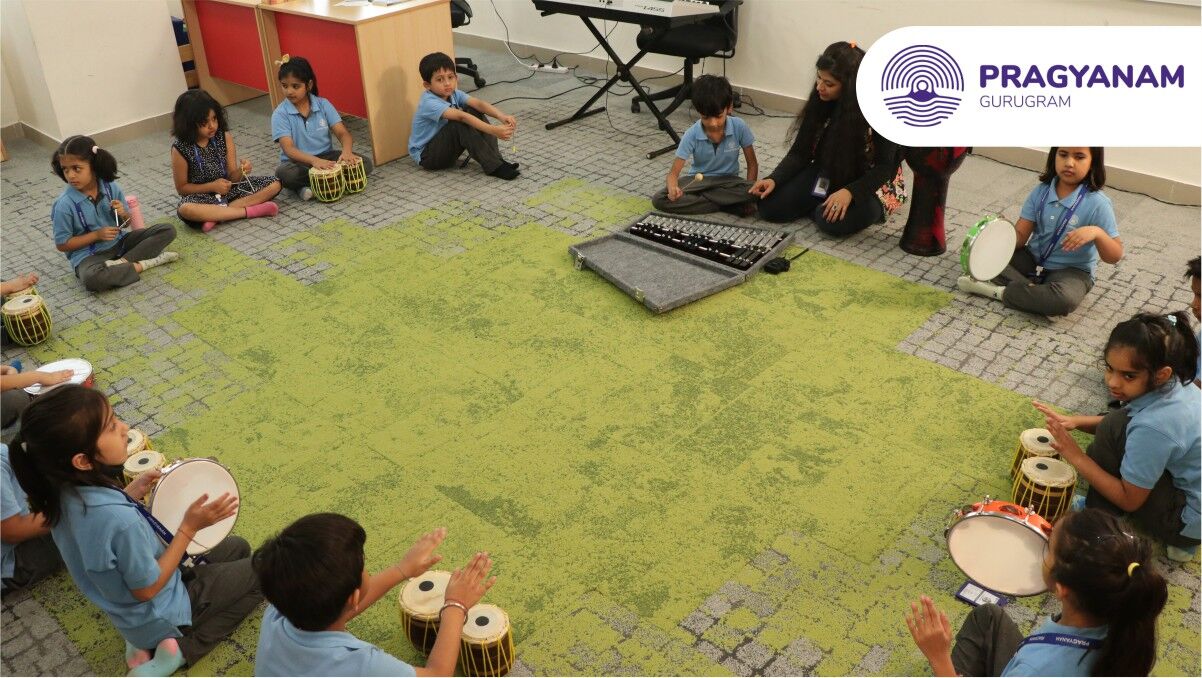
Global Education
Under NEP foreign universities can set up their campus in India. This will lead to improved access to a world-class education. A set of rules has already been released under which such campuses can be set up. In fact, we have already heard of some announcements of intent from foreign universities to make an entry into India. Even other than foreign universities coming to India, NEP is making possible the ability of students to select multidisciplinary subjects as opposed to being restricted by watertight compartments of science, arts & humanities.
To Sum Up
New Education Policy is clearly a much-needed step in the right direction. The need of the hour having framed a forward-looking policy is its seamless execution. Done right, it can offer the overhaul that the Indian education sector requires.
At Pragyanam, Gurgaon’s top CBSE school, we have been following several of these approaches as a part of the curriculum. Our emphasis is on the holistic development of the child. Due care is taken to see that independent minds are nurtured using a Life Skills based curriculum that ensures students have the necessary 21st-century skills. Importantly we ensure that students experience the joy of learning & become learners for life.

